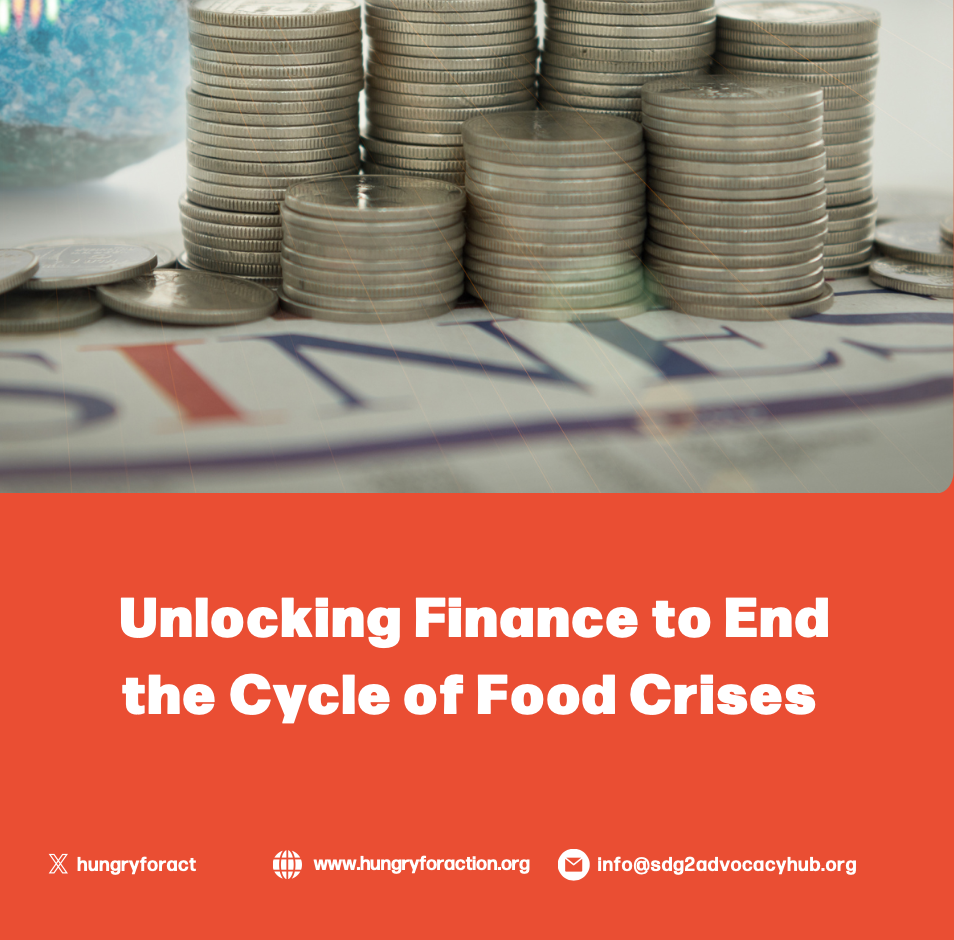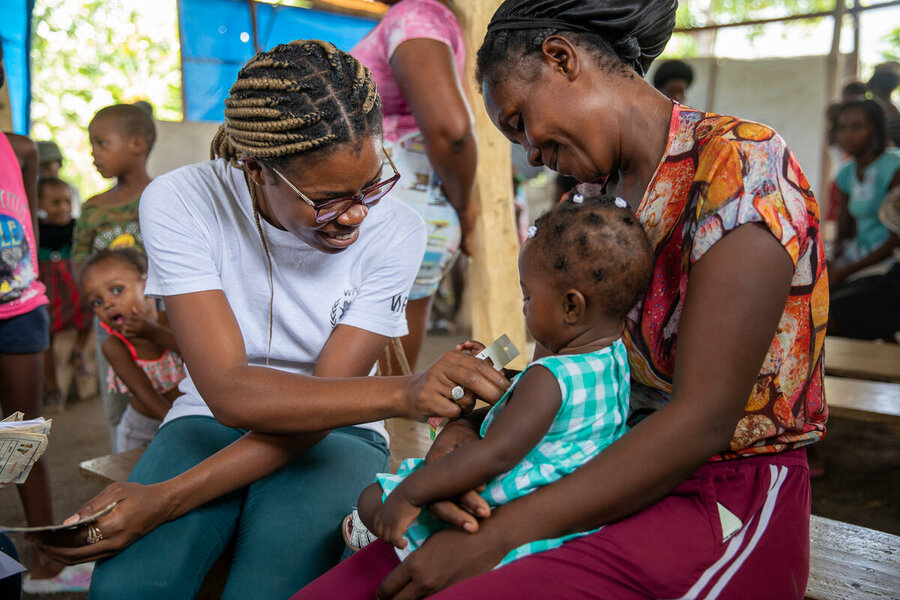Adequate food is not a privilege but a right enshrined in the 1948 Universal Declaration of Human Rights. After decades of progress, compounding crises – including the COVID-19 pandemic, the unfolding impacts of climate change, and the escalation of the war in Ukraine – have led to a sharp rise in food and nutrition insecurity and exacerbated hunger since 2014. This uptick continues despite increases in global per capita calorie supply, illustrating that many problems in the food system derive from the inequitable and inefficient distribution of nutritious food, inequities in agrifood value chains that favor corporations over producers and people, and from the localized and unevenly distributed shocks and impacts of environmental degradation and climate change.
With the urgency to act, we no longer have the time to deal with one crisis or challenge at a time. There are many financing options to mobilize the resources to get back on track to achieve SDG2. From a robust IDA21 Replenishment, Debt Relief to Multilateral Development Bank Reform, leadership and political will are required to put food and nutrition security, smallholder agriculture and food systems transformation at the heart of global financing discussions and to recognize these as transformational and catalytic investments to accelerate progress towards the Sustainable Development Goals and the Paris Climate Agreement.








